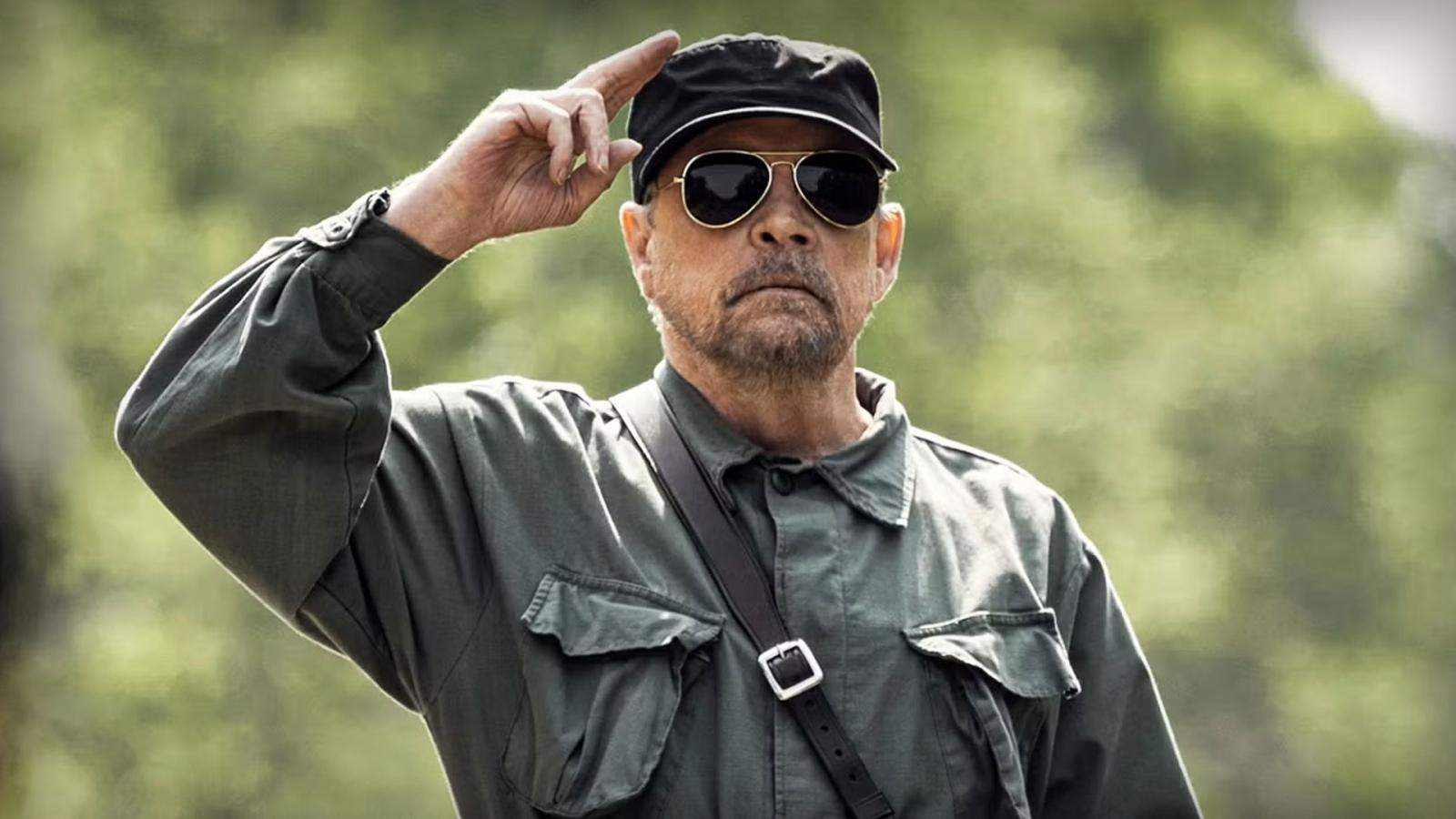Stephen King Fans Get a Big Surprise With The Long Walk’s New Ending

The Long Walk’s screenwriter reveals why the film’s bold ending twist was crafted with Stephen King’s most loyal fans in mind—and how the master of horror himself gave it his blessing.
Stephen King fans, this one lands squarely in the no-one-was-sleeping-on-this department: The Long Walk movie changes the ending in a pretty major way, and it is not a shock twist for shock's sake. The screenwriter says it was built for constant readers and got a thumbs-up from King himself. Spoilers ahead, obviously.
Massive spoilers for The Long Walk below.
Why the ending changed (and why that is not heresy)
Screenwriter JT Mollner told GamesRadar+ he did not want a carbon copy of the book's final beat. The idea was to keep the story's DNA but still surprise people who know the novel by heart. And he makes it very clear the greenlight on the switch came from the only person whose opinion could kill it: Stephen King.
"Stephen King said he was happy with it."
Mollner says he was prepared to ditch the new ending if King hated it. He and director Francis Lawrence wanted the author's sign-off before they shot anything. Once King liked the idea, it was off to the races.
The setup: same nightmare, different knobs
The movie still follows Ray Garraty (Cooper Hoffman) in a crumbling America where the government runs an annual death march as entertainment. Win, and you get anything you want. Lose, and you are carried off the road by bullets or injuries. Garraty bonds with fellow walkers McVries (David Jonsson), Baker (Tut Nyuot), and Olson (Ben Wang), while the ever-present Major (Mark Hamill) oversees the carnage.
The relationship between Garraty and McVries is the core in the book. The film leans even harder into that, and it also sharpens Garraty's motivation in a way that is honestly darker and clearer than the novel.

Book vs. movie: the big differences that matter
- Headcount and pace: The novel sets 100 boys walking at 4 mph. The film trims that to 50 at 3 mph. Same idea, different pressure cooker.
- Garraty's why: In the book, Garraty's father was taken away by the Major for speaking out against the Walk. In the film, the Major's regime executes Garraty's father in front of him for letting his kid read banned books and listen to banned music, on top of the political defiance. Garraty enters the Walk planning to win and shoot the Major on live TV.
- The endings: Book first: McVries chooses to be shot so Ray can win. Garraty then sees a shadowy figure and just keeps walking into the night. Movie flips it: Garraty sits down on purpose and dies, handing the win to McVries. McVries, wrecked, takes a soldier's gun, shoots the Major for Ray, tells the cameras and the crowd exactly who it is for, and walks off into the dark.
Does it work?
Critics seem to think so. The film is sitting at 97% on Rotten Tomatoes, with a lot of praise focused on the altered ending and how it elevates the material by spotlighting the Garraty-McVries bond. It is the kind of change that can go sideways fast, but this one feels thought through and, again, King-approved. That last part matters.
Inside baseball worth flagging
Mollner's whole approach is very much: keep the core, change the experience. He wanted longtime readers to feel the story they know, then still get hit with something new. That balancing act usually makes constant readers nervous (and fair enough), but the team built the safety net by running it by King early. If he had said no, Mollner says they would not have done it.
The Long Walk is in theaters now.